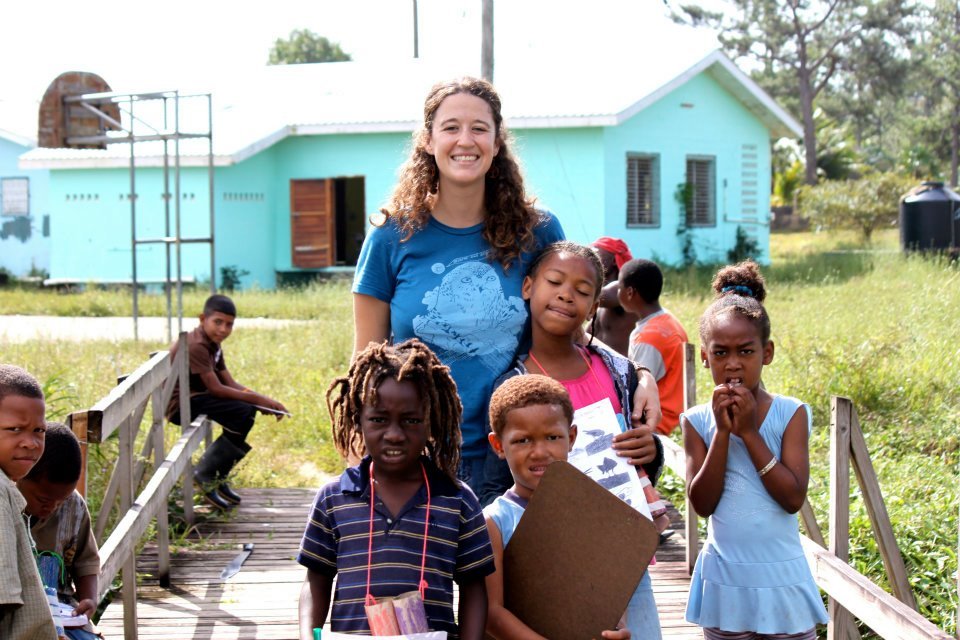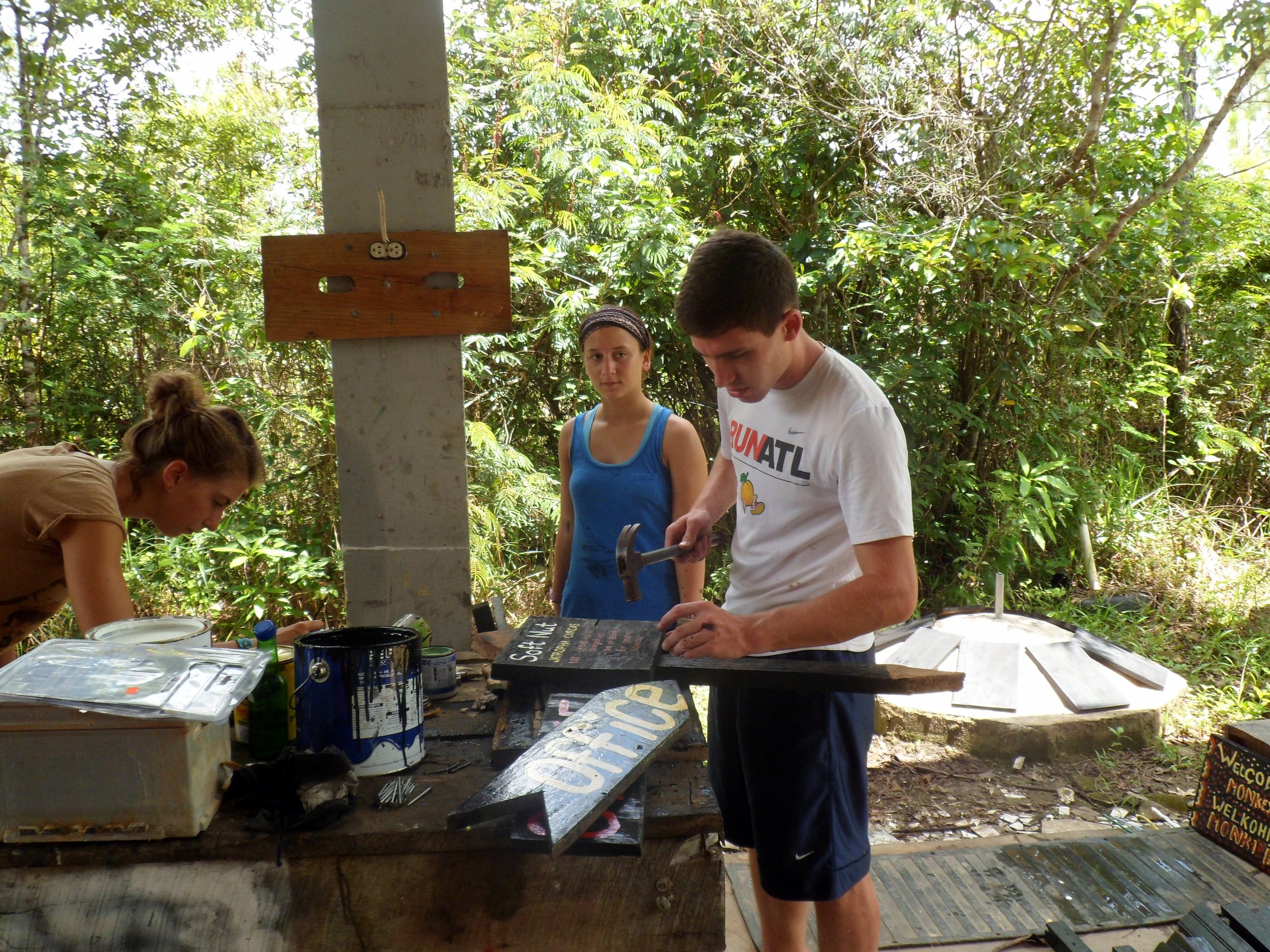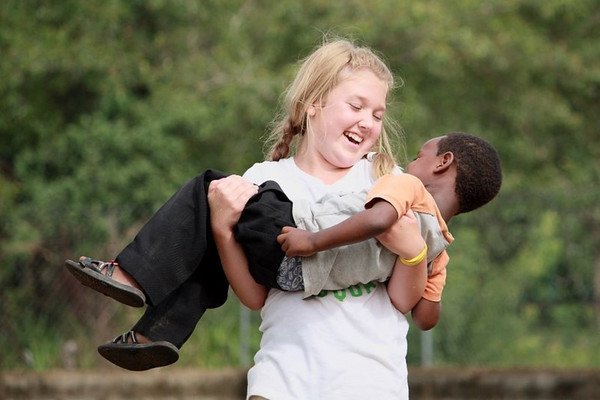INTERNSHIPS
A NEW WAY TO LEARN:
Monkey Bay's primary objective is to educate and train students and interns through experiential learning and field research support. Therefore, we offer opportunities for students to link into our programs, facilities, conservation partners and contacts.
Whether you require a research project for a thesis, or would like to gain experience through hands-on training and work, Monkey Bay is a good place to experiment and explore.
Our facilities provide all the basics you need: an interactive learning environment, comfortable and secure place to sleep, three meals a day, an extensive library with wireless internet access, and a support network of knowledgeable staff and contacts.
Why choose this Wildlife Conservation Internship program in Belize?
Gain field experience conducting scientific research while working with a Non-Governmental Organization focused on conservation and environmental education in Belize.
Benefit from a well-rounded wildlife conservation program and gain experience worthy of adding to your CV / Resume to help you stand out from the crowd.
Advance your ability to identify resident and migratory wildlife while fine-tuning your field survey skills with the guidance of a master birder.
Share your internship experience and the results of the fieldwork conducted with visiting Belizean and international students.
Explore other Protected Areas and Wildlife Corridors during your volunteer internship program.
A Typical Weekly Intern Activity Schedule
Interns work during the weekdays and have the option of recreational travel, daily chores, and resting on the weekends.
The work schedule commences Monday morning and runs through Friday afternoon, when fieldwork contributions to one or preferably more of the ongoing monitoring projects are active. This is when field guides and internship trainers are available to demonstrate and advise interns individually and as a team.
The workday usually begins early, and breakfast may be prepared as a sack meal to carry with you to have in the field. Bird abundance and diversity surveys are best accomplished during morning hours and on a consistent schedule.
A mid-morning break allows time back to complete field notes, and review and organize the observation data collected. WiFi service is accessible back at camp for communications and searches.
Interns usually eat their lunch at noon.
Afternoon work tasks and hours are flexible, with opportunities for wildlife trail camera and Yellow-headed parrot project tasks. Additional options include conducting online research, developing social media posts, and assisting local staff with ongoing tasks on campus and within the sanctuary (i.e.,
landscaping, gardening, trail maintenance, ranger patrols, fire management test plot monitoring, composting and biochar production, sign painting, etc.).
Dinner is pre-prepared and available in the evening between 5:30 and 6:30 pm.
Lights are out at 9:00 pm for 8 hours of bed rest before waking up at sunrise and resuming fieldwork.
Current Projects
Yellow Headed Parrot Nest Site Augmentation Using Nest Boxes
Due to the critically endangered status of the endemic Yellow Headed Parrot (Amazona oratrix belizensis), we have begun augmenting potential nesting sites on the property with artificial nest boxes with the hope of increasing survivorship and productivity of this species.
Wildlife Monitoring Using Camera Trap
Use camera trap stations to record wildlife sightings on the property. This data is cataloged and shared with our partners in education from various Universities and Conservation NGOs.
Building Community Environmental Stewardship in the Maya Forest Corridor through Avian Ecology
Facilitating environmental education and awareness activities for school children from the surrounding communities. Establish a Youth Environmental Club in the coming months. This project is funded by Global Environment Facility and hosted by the University of Belize with support from Maya Forest Corridor Coalition partners such as Monkey Bay.
WildFire Management
Learn how to design a fire management plan, how to plan a prescribed burn, and how to conduct a prescribed burn using a variety of tools and techniques.
PAST PROJECTS
Painting and posting of signs of various garden species throughout our campus.
GPS mapping of our sanctuary.
Fruit tree planting in local village.
Summer camp programs
Nature Explorer’s International – Environmental Education Program for local children.
Photography, Photo Editing and Marketing research.
Local Community Outreach Grant writing opportunity with St. Matthew’s School.
Research, painting and posting of educational signs for our campus and trail system
Rainy season maintenance and construction work.
Service Projects & Homestays
LEARN THROUGH EXPERIENCE
Monkey Bay works in partnership with several local communities to facilitate village family homestay programs and community service projects. Belizean host families provide lodging, meals,and authentic hospitality care. Students gain the experience of working on a meaningful service project in a rural community, as well as participation in the daily activities of their host family’s life and culture. Service projects are planned and supervised in partnership with community leaders. Through this service opportunity, important ‘giving back’ contributions are made, cross-cultural relationships established, and an enormous sense of accomplishment and self-esteem achieved.
A community service budget is determined by the scope and duration of the project. Project funds may be raised by the visiting group prior to arrival, or added to the program budget. Inquire with our Programming Department to learn more about potential Service Learning Projects.
+ SERVICE PROJECTS
St. Matthew's Government School - St. Matthew's Village
Frank's Eddy Government School - Frank's Eddy Village
St. Agnes Anglican School - Mahogany Heights Village
St. Joseph R.C. School - Cotton Tree Village
What skills do I need to be aN Intern?
An interest in wildlife and observation fieldwork is of course a must! Experience with and/or willingness to learn bird watching, camera trapping, principles of conservation management, environmental studies or a related field is preferred but not required.
To participate, you must be comfortable working in the field for several hours at a time in tropical heat, rain, and often buggy conditions. This internship is meant for anyone seeking to work or study within a science or environmental field, or those who are passionate about conservation action. An interview is required for acceptance into the internship.
Enthusiasm, flexibility, and the ability to work with a team will be paramount to your acceptance into the program.
Interested? Next Steps.
Typical internships costs an average of $111 USD a day. Monkey Bay is also open to hosting independent and semi-independent researchers. Costs vary according to the needs of the researcher.
Those interested in an internship with Monkey Bay should first complete the Intern Query Form. You’ll receive a reply from the intern coordinator within a week of submission.
For summer 2023, we have limited availability between June 18-July 31.
Contact us via email to learn more.









